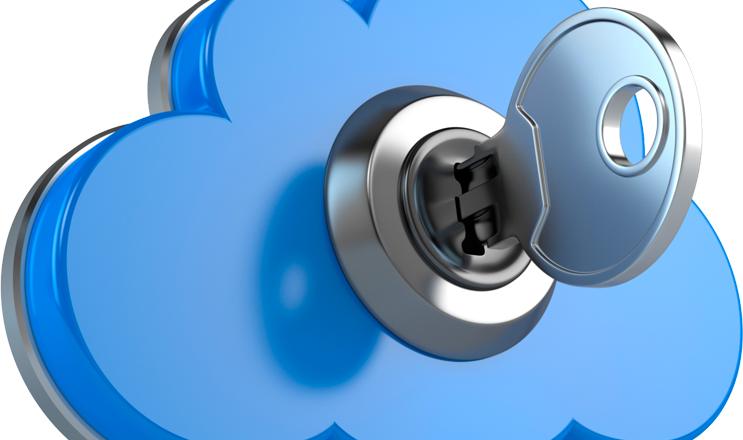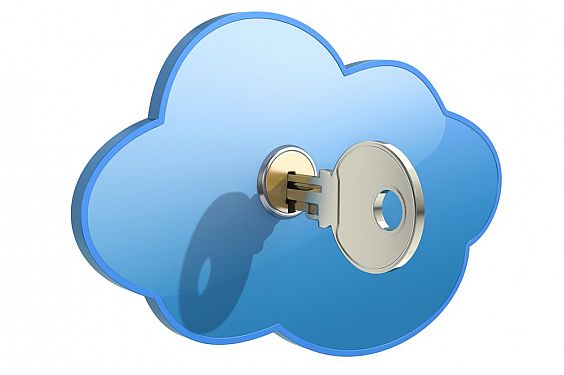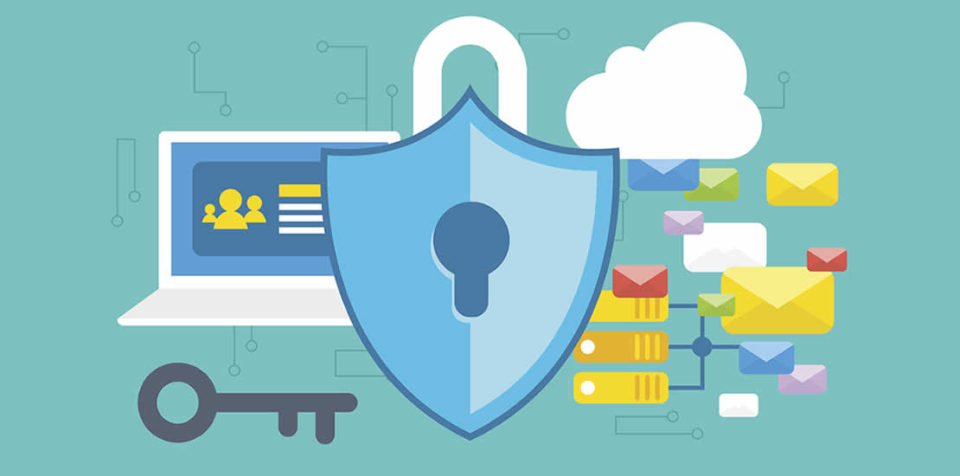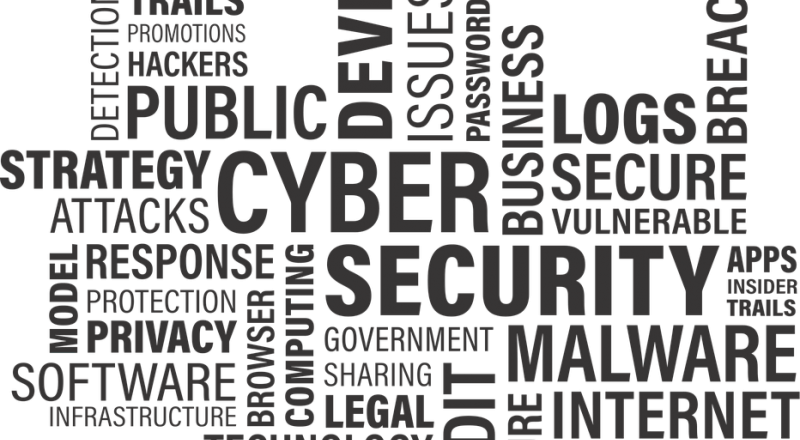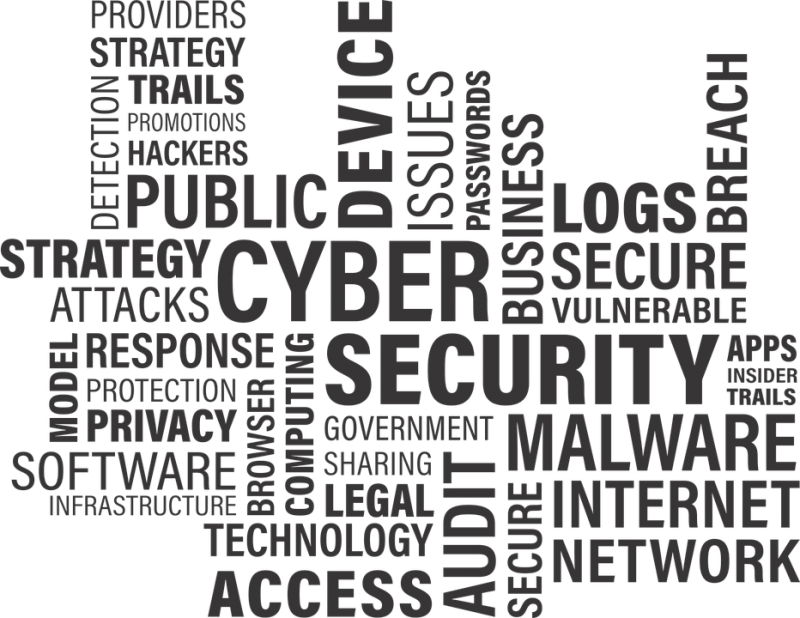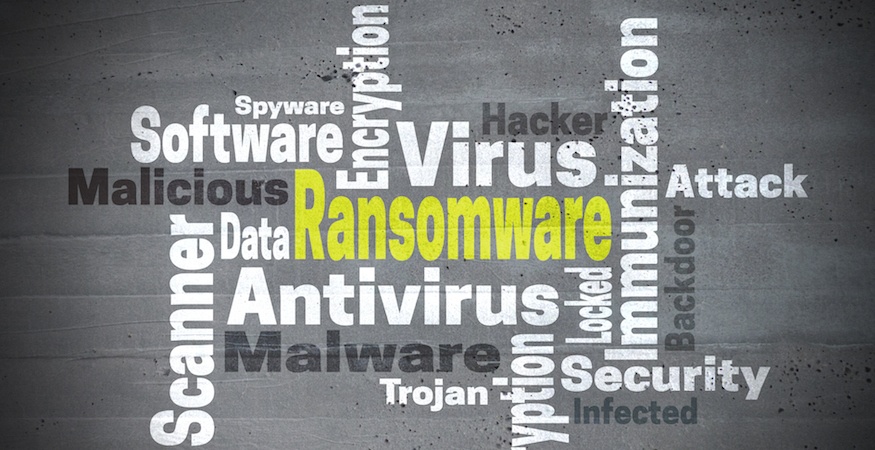
We use passwords for so many different services and websites that we often resort to using the same password. But this approach is very dangerous.
Think about it for a second. If your one and only password is compromised then every account you use is at risk. This includes your business email, social media accounts and any in-house software your organization uses. And this constitutes a lot of sensitive data. Therefore, the one-password-fits-all approach is a tightrope we don’t recommend traversing.
But creating a password is tough. And remembering it is even more difficult. Especially, as discussed, when you need to remember so many on a daily basis. Sure, you could write them all down, but this in itself is a major security risk. And what if you lose the piece of paper? So, you need a number of password strategies that help you create a unique password every time.
Creating Unique Passwords You Can Remember
For a password to stand out it needs to be memorable. And, for it to remain secure, it needs to be hard to crack. That’s why using your name and date of birth, such as johndoe110275, makes for such a poor password. It may be memorable to you, but it also contains details that are easy to obtain. Instead, you need to get a little more creative.
Acronyms are one of the simplest ways to get creative with your passwords. For example, if you want a unique password for your business emails then you could come up with a phrase such as “I need my business emails on a day to day basis at all times” which, in turn, could form the acronym ‘Inmbeoad2db@at”. It’s a password which is difficult to crack, but also one that’s easy to remember for the creator.
An alternative to acronyms, and equally successful, is the use of passwords which appear similar, but are customized depending on where they are used. So, for example, you could start with a basic template of ‘Alway$_SITENAME_f0rme’ that you adapt for each different account you need to log into e.g. ‘Alway$_Linkedin_f0rme’ or ‘Alway$_Outlook_f0rme’. This method allows you to memorize a fairly simple foundation for your passwords and then complete the blank with ease each time you need to access that website or app.
Finally, one of the easiest and quickest methods for creating unique passwords is by investing in a password manager. But what is a password manager? Well, rather than assigning the role of password manager to yourself you delegate it to an app. The password manager can not only create randomized passwords that are difficult to crack, but they also act as a digital storage safe. As a result, the pain of both creating and remembering your password for each and every service is significantly reduced.
Final Thoughts
By using proven methods and tapping in to your natural creativity it’s possible to create a unique password for every account you use. Remembering all of these passwords is also a lot easier than you think. But, even if you do struggle to remember them, help is at hand in the form of password managers. So, there really is no excuse for compromising your accounts by recycling the same old password across every account.
For more ways to secure and optimize your business technology, contact your local IT professionals.
Read More




